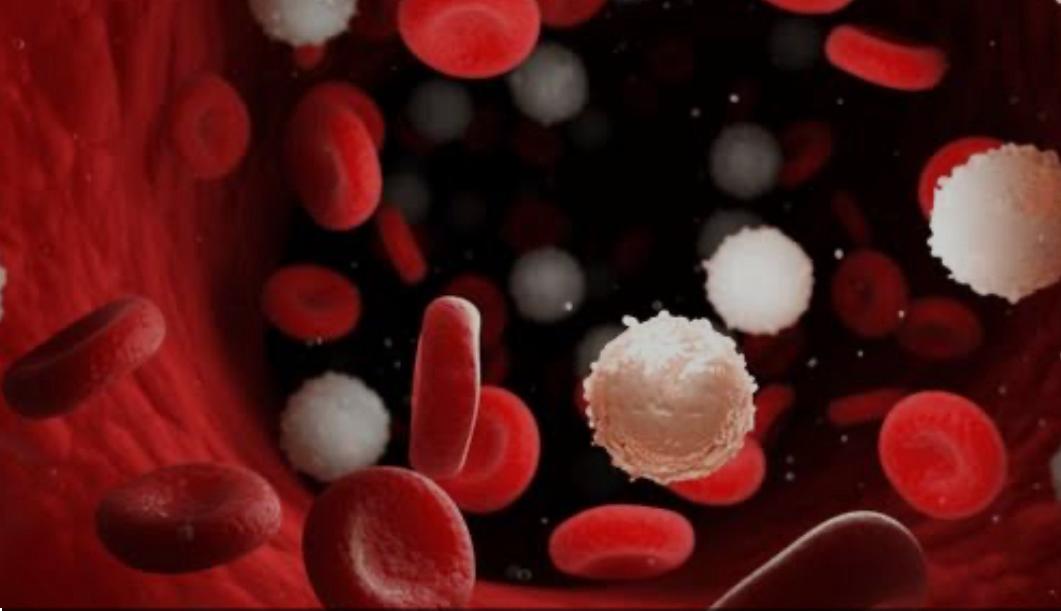
Narayana Health SRCC Children’s Hospital Performs Over 222 Bone Marrow Transplants, Setting a Benchmark in Pediatric Care
Narayana Health SRCC Children’s Hospital has achieved a significant milestone by successfully performing over 222 Hematopoietic Stem Cell Transplants (HSCT), commonly known as Bone Marrow Transplants (BMT), reinforcing its position as a leader in pediatric healthcare.
The hospital’s comprehensive expertise spans across treating cancerous and non-cancerous blood disorders in children, offering renewed hope to families dealing with complex medical conditions.
The hospital began its journey in bone marrow transplantation in 2018, with its first transplant performed on a child suffering from thalassemia. Since then, Narayana Health SRCC has utilized this cutting-edge therapy to replace defective bone marrow with healthy stem cells, transforming the lives of children battling life-threatening conditions. Out of the 222 transplants, 117 were conducted for pediatric cancer patients, while 105 were performed to treat non-oncological conditions such as thalassemia, sickle cell anemia, and severe combined immunodeficiency (SCID).
“Our mission is not confined to treating cancer alone. We address a range of conditions, using HSCT to replace dysfunctional bone marrow and correct genetic abnormalities in diseases like thalassemia and aplastic anemia,” explained **Dr. Purna Kurkure**, Head of Pediatric Hemato-Oncology and BMT at Narayana Health SRCC Children’s Hospital. “From cancers to rare genetic disorders, our approach is holistic and patient-centered, ensuring that children receive the best possible care.”
Narayana Health SRCC Children’s Hospital has introduced advanced techniques in HSCT, such as the use of peripheral blood stem cell collection, which has significantly improved the procedure's efficiency. "Although often referred to as Bone Marrow Transplant, we primarily use peripheral blood stem cells now, thanks to sophisticated machines that streamline the collection process," added Dr. Kurkure.
The hospital’s success in HSCT is also attributed to its meticulous donor matching process. Human leukocyte antigen (HLA) typing is employed to minimize complications such as graft-versus-host disease. In a notable instance, parents who were expected to be half-matched donors were found to be fully matched, expanding donor possibilities and making life-saving procedures more accessible.
Dr. Chintan Vyas, Consultant in Pediatric Hematology and Oncology at Narayana Health SRCC, highlighted the hospital’s flexibility in donor selection through its focus on Haplo (half-matched) transplants. “We have performed 48 autologous transplants, 51 fully matched, and 103 Haplo transplants. Haplo transplants enable us to extend this life-saving procedure to more children who lack a fully matched donor,” stated Dr. Vyas.
As September marks Childhood Cancer Awareness Month, Narayana Health SRCC Children’s Hospital is emphasizing the need for early diagnosis and comprehensive treatment of pediatric cancers. “Childhood cancers are highly treatable with a multidisciplinary approach that includes chemotherapy, radiation, and surgery, complemented by newer therapies like immunotherapy,” Dr. Kurkure noted. “Tailored treatments based on molecular studies have significantly reduced relapse rates, boosting survival outcomes.”
Narayana Health SRCC Children’s Hospital remains steadfast in its commitment to providing world-class pediatric care. The completion of over 222 bone marrow transplants is a testament to its dedication to advancing pediatric healthcare in India. By embracing innovation and focusing on patient-centered care, the hospital continues to be a beacon of hope for countless families navigating the challenges of childhood diseases.
For families across India, Narayana Health SRCC Children’s Hospital stands as a pillar of expertise and compassion, pushing the boundaries of pediatric medicine and ensuring that no child is denied the chance to lead a healthy and fulfilling life.